It’s no secret that giving up smoking is no easy feat. But understanding what’s fuelling tough cigarette cravings, and reminding yourself that managing them gets easier with time can help you on your way.
1.
When you smoke a cigarette, nicotine enters your bloodstream and quickly gets transported to the brain.
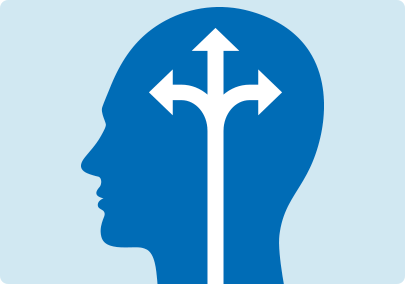
2.
Nicotine then stimulates your brain for receptors that release chemicals and give you a feeling of pleasure.
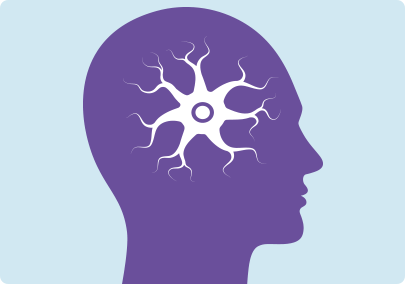
3.
With prolonged smoking, nicotine receptors grow in numbers. For a serious smoker, there might be many millions of them.
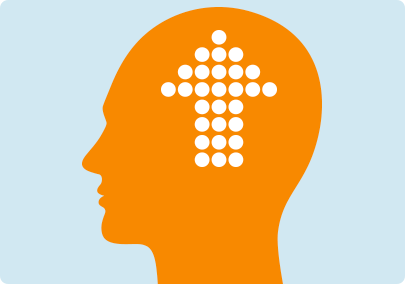
4.
The brain of a smoker becomes reliant on nicotine for the release of these feel-good chemicals. The average smoker gets about 200 hits of nicotine a day, so the brain always has an ample supply of nicotine to keep the smoker feeling happy and stable.
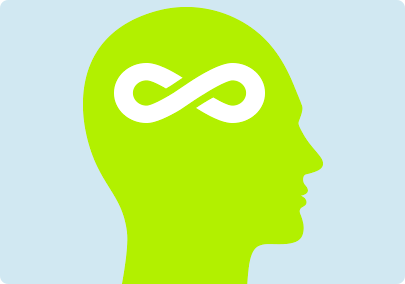
5.
Nicotine from smoking doesn’t linger in your body. Within 72 hours of quitting, the supply in your bloodstream is gone. And suddenly, your brain receptors aren’t getting the nicotine they crave.
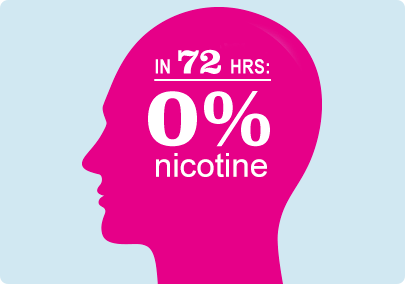
6.
This absence of nicotine upsets brain chemistry, causing the powerful cravings and strong emotional reactions common in the first weeks of quitting.
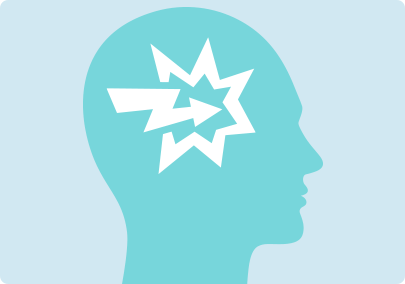
7.
The good news is that these nicotine receptors go away over time, giving your brain time to lose these receptors and adjust to life without nicotine. This is a big part of the quitting process, which is usually well underway by your second or third week of quitting.








